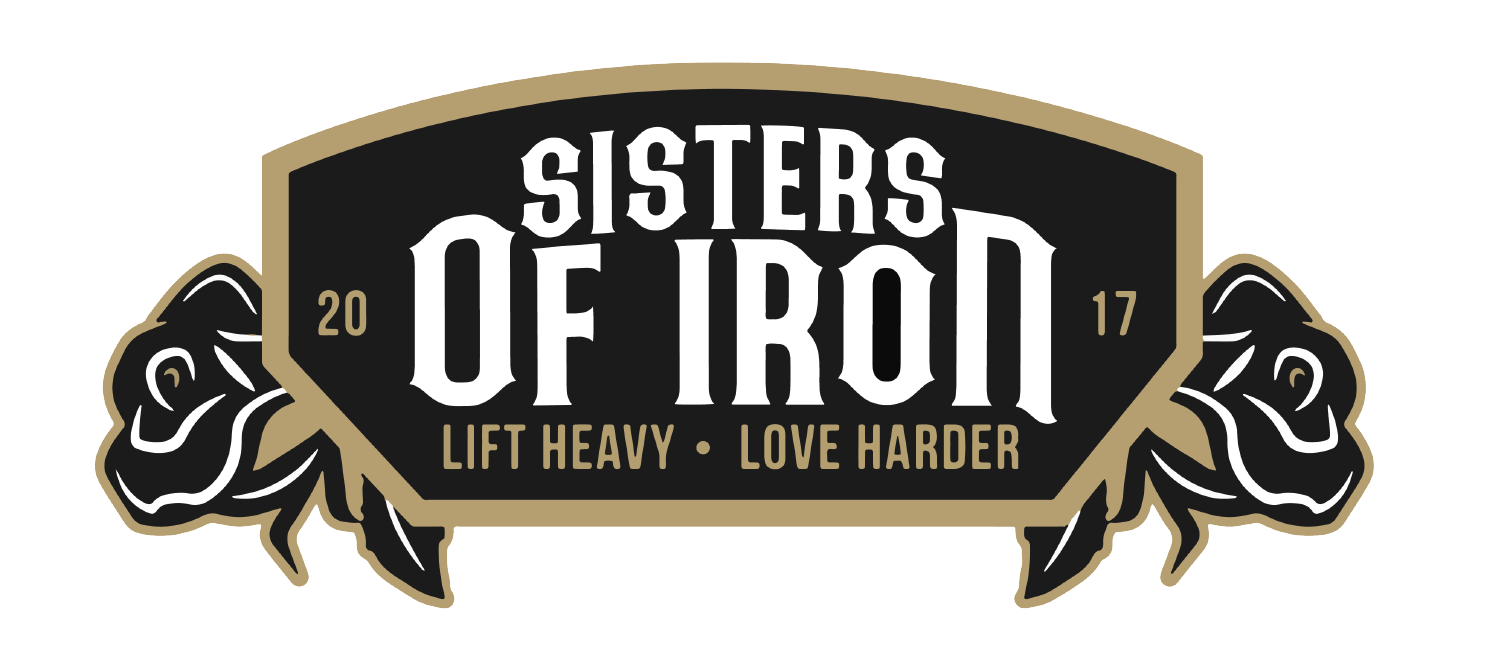What is Peaking for a Meet?
Peaking for a powerlifting meet or any other strength sport means that we program training so that we are at our best physically & mentally and able to demonstrate maximal strength and/or power in a competition. We do this by decreasing/tapering volume and intensity in both auxiliary and main lifts as we get closer to meet day. If you want to do the best you can and with seriousness at a competition, learn how to peak properly for your meets. This takes time and practice.
Why is peaking necessary? Peaking is a little more complicated than just resting a day or two and then going into a meet to try to hit your max. We are raising our "Preparedness" to exert ourselves maximally on meet day to enable our best physically and mentally. Our preparedness can be broken down into 3 components of fatigue, fitness, and specificity.
Fatigue
Volume is one of the primary factors that contribute to fatigue (sets and reps). As we approach our meet we must lower volume. Typically this is done 3-4 weeks prior to meet day. The more muscle you have the more time you may need to lower fatigue.
Intensity (weight on the bar) is another factor to our fatigue that play its part. We want to keep intensity (weight) as high as possible for as long as possible. There are many ways to decrease volume & intensity, for both, the goal is to slowly taper volume first by lowering sets and reps, then start lowering intensity as the meet day approaches.
Fitness
Can we just rest for 3 weeks before the meet to bring down our fatigue? I wish it were that simple but unfortunately the same factors that lower our fatigue (volume & intensity) also lower our fitness level when we just stop doing them. However, the good news is that we can MAINTAIN our fitness level by manipulating volume & intensity. To get stronger we need to keep our volume & intensity high but a lot of strength can be can be maintained with even very low volumes if intensity is kept high. Thus, we cut volume first in our taper, and only cut intensity later. This conserves the maximal amount of strength while still allowing our fatigue to be reduced.
Overreaching is another component we use to keep our strength levels maintained while tapering. Many in our local GGB gym have just experienced this overreaching and we can all tell you... we reached pretty far. What is overreaching? Training harder with more volume & intensity than what we can normally keep doing right before we start to taper our volume & intensity. This overreaching creates a powerful effect combined with the drop in fatigue from the tapering.
Specificity
We are training to lift our max squat, bench & deadlift at the meet NOT training to see how much we can overhead press (to my disappointment)? During the last few weeks is the time to focus on your set up as you approach the bar, your technique, and your mindset. "Train how you compete" is the goal. Wear your wrist wraps, your belt, and chalk up as you would at the meet. Auxiliary work is geared toward movements that will improve your 3 lifts. Speed is also a key specific training to focus on during the taper. Move weights with intention & force even more so during the tapering period.
Conclusion
Practice makes perfect and if you are a new lifter, start to know why your doing what your doing, become a student of powerlifitng. Learn from more experienced lifters and don't be afraid to show vulnerability because someone will always know more than you. I'm still considered a baby in powerlifting with only 6 years of competing and I cherish the knowledge that my coach and others with more experience have passed down to me. Learn and pass it on.
Susie
xoxo


Leave a comment